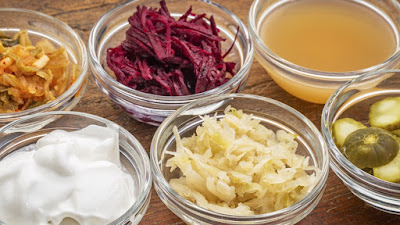Over 95% of the country is metabolically inflexible, and insulin resistance is a causal driver, with hypertension a frequent co-morbidity
According to conventional thought, salt induces high blood pressure by making your body absorb more water. Excess sodium in your blood absorbs water, thereby increasing the amount of blood filling up your vessels. As a result, your heart must work harder, hence your blood pressure goes up. However, the increase in blood volume is not really an excess sodium problem per se. The problem is that too much sodium is being retained due to excess insulin (insulin resistance)
Lowering your sodium intake isn’t the answer. In the long run, that may result in higher blood pressure, because your body has a built-in rescue mechanism that responds to low sodium in ways that results in vasoconstriction and increased stress, both of which ratchets up blood pressure

Your sodium-to-potassium ratio is particularly important for healthy blood pressure
Estrogen dominance is also pervasive and frequently contributes to high blood pressure by interfering with carbon dioxide production, thereby lowering blood oxygen levels. Estrogen can also interfere with your body’s production of progesterone, a hormone that helps maintain normal blood pressure by regulating your blood sugar level and reducing inflammation
Tips to normalize your blood pressure
Subscribe to Mercola for more news & videos






